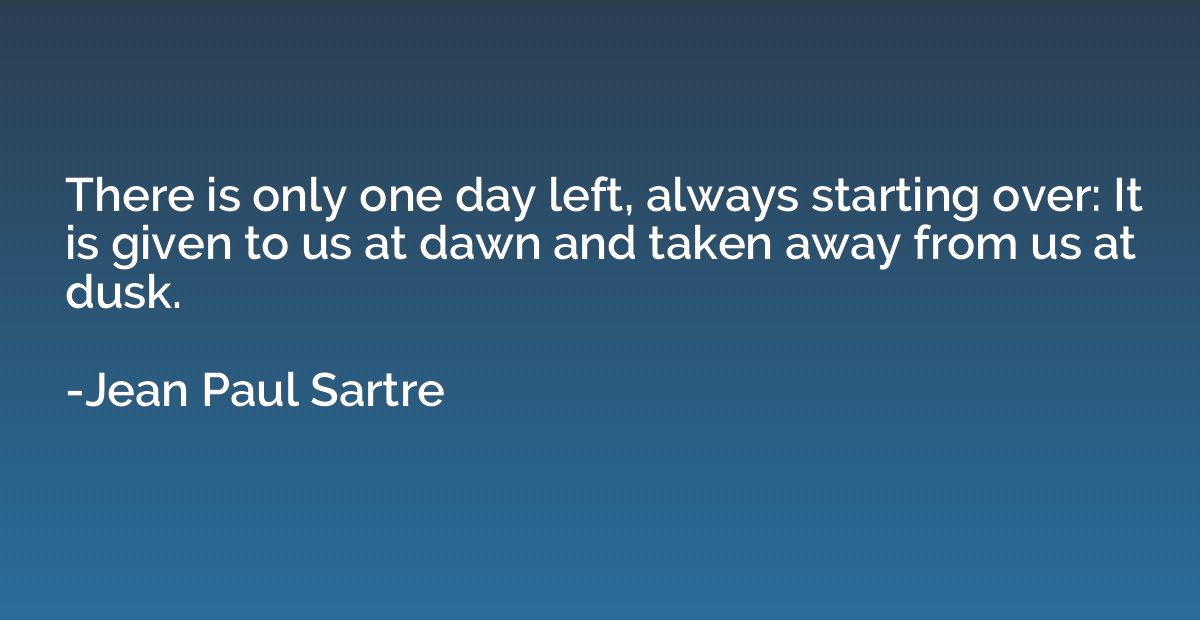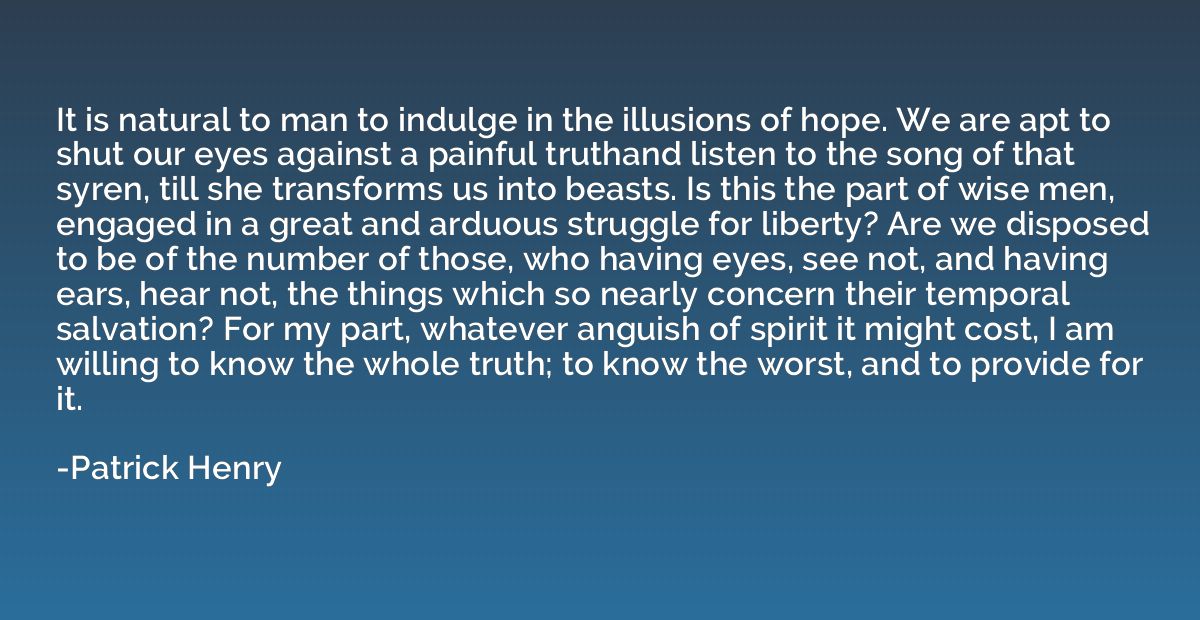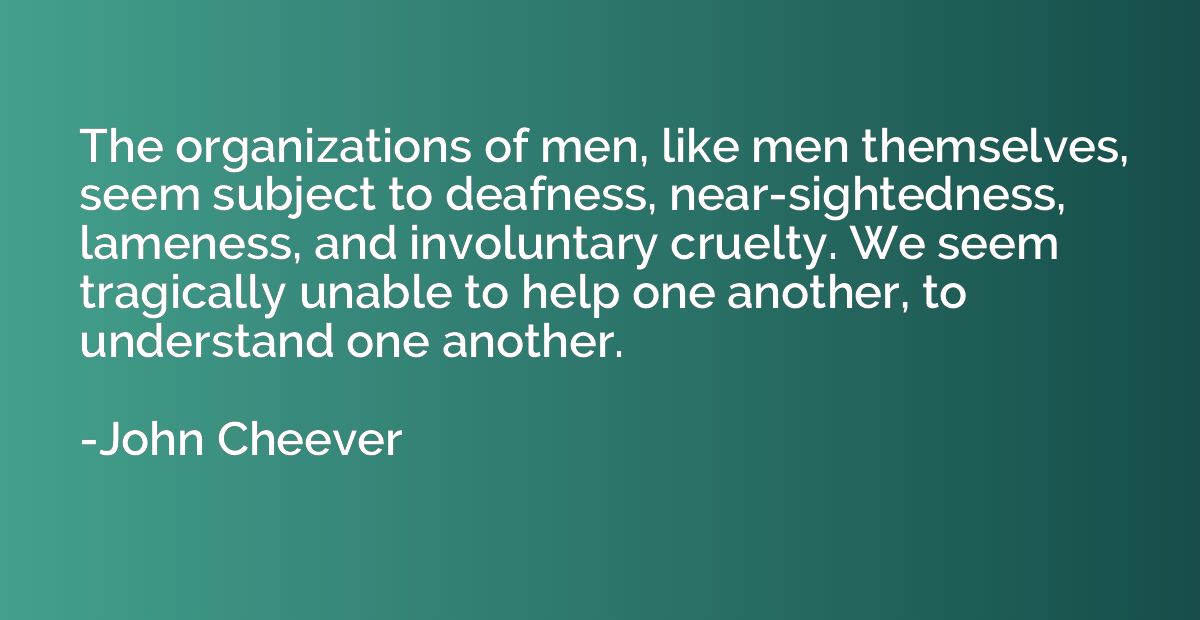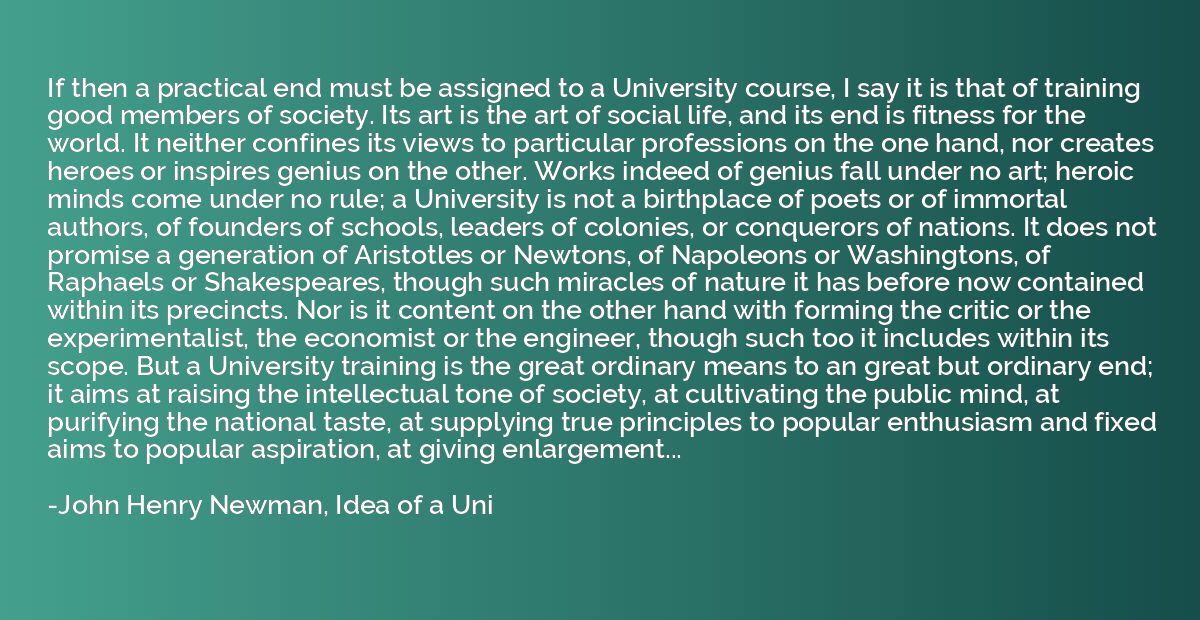Quote by Adam Smith
Little else is requisite to carry a state to the highest degree of opulence from the lowest barbarism but peace, easy taxes, and a tolerable administration of justice: all the rest being brought about by the natural course of things.
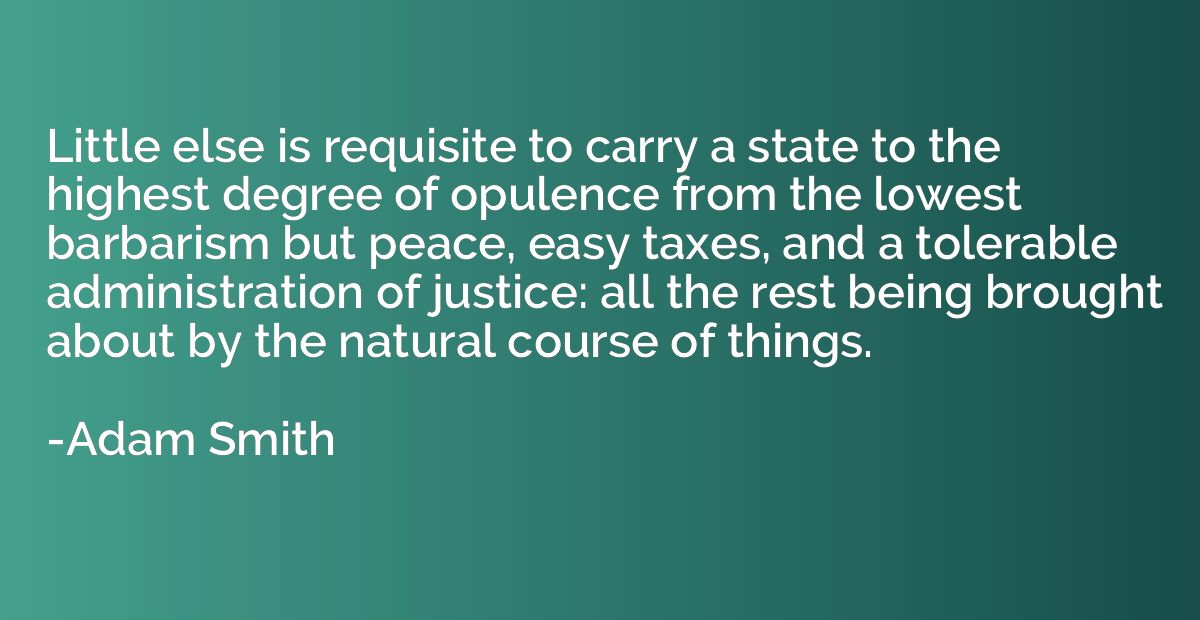
Summary
This quote suggests that achieving prosperity and advancement in a society requires only a few fundamental factors: peace, low taxation, and a fair legal system. According to the quote, these elements alone can propel a nation from a primitive and uncivilized state to the pinnacle of wealth and development. The quote implies that the desired progress will occur naturally without the need for additional intervention or external factors. Essentially, it emphasizes the importance of stability, economic ease, and just governance as the driving forces behind a nation's rise to opulence.
Topics
Peace
By Adam Smith



